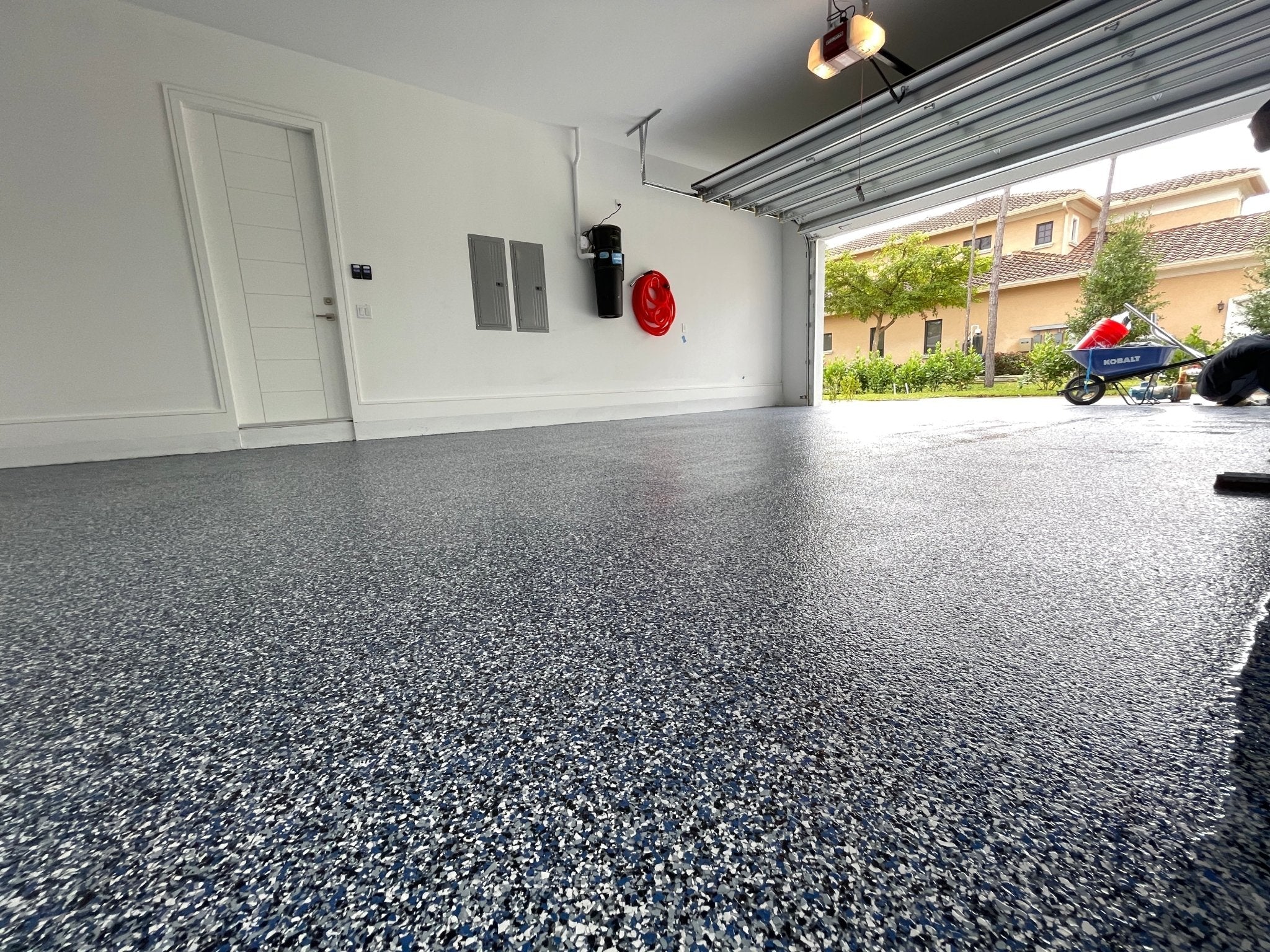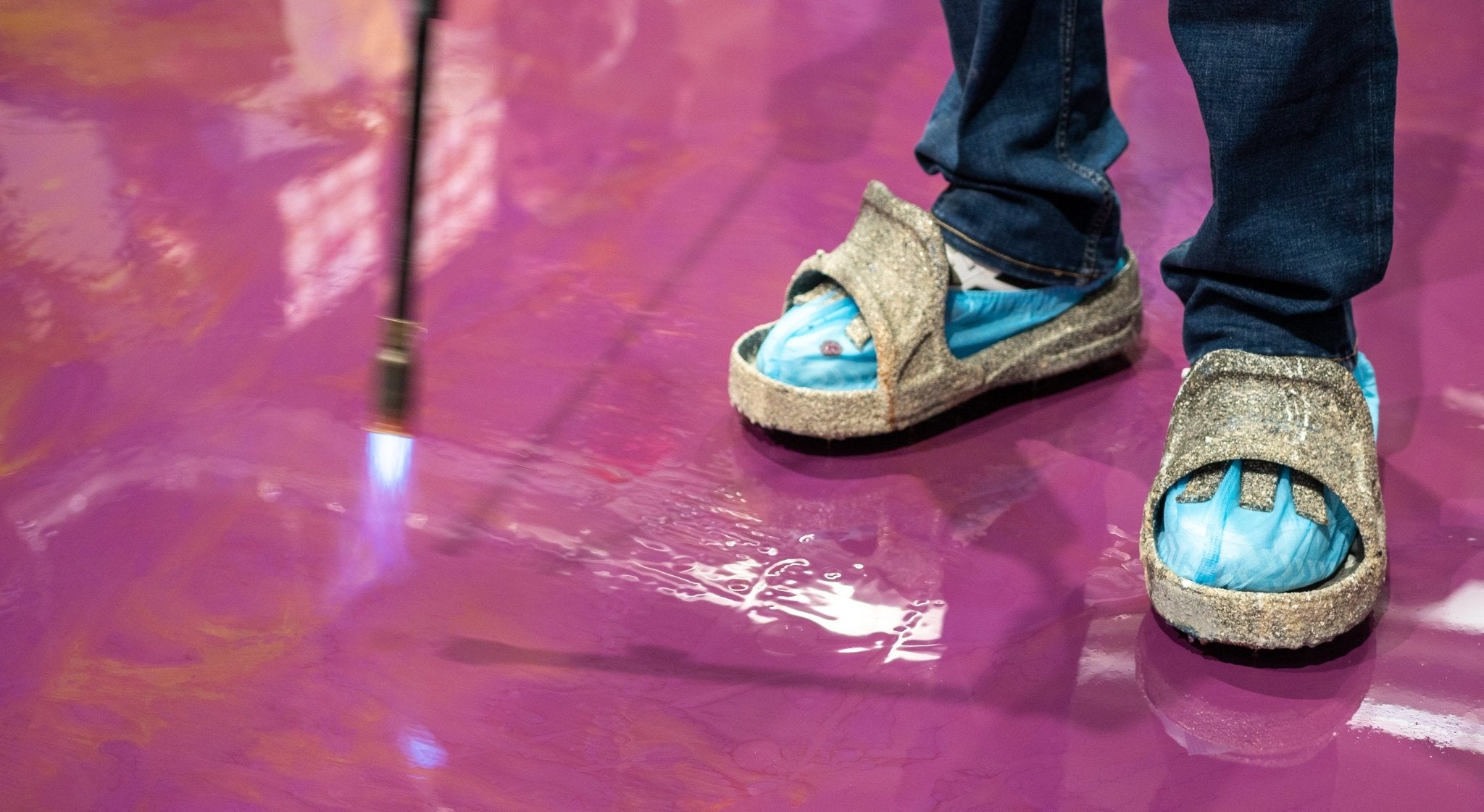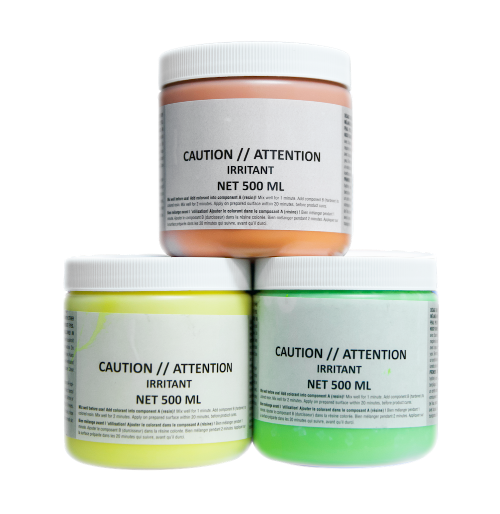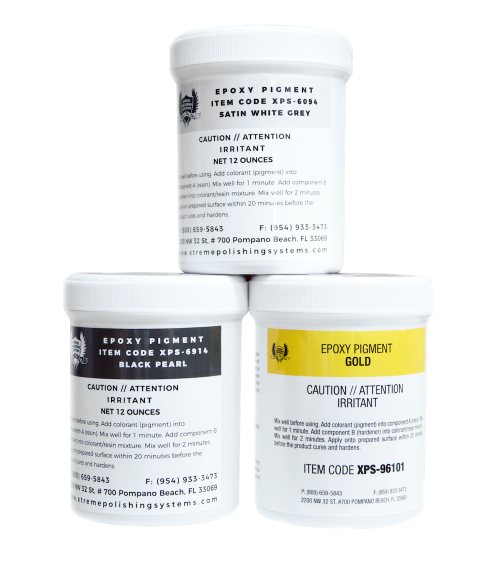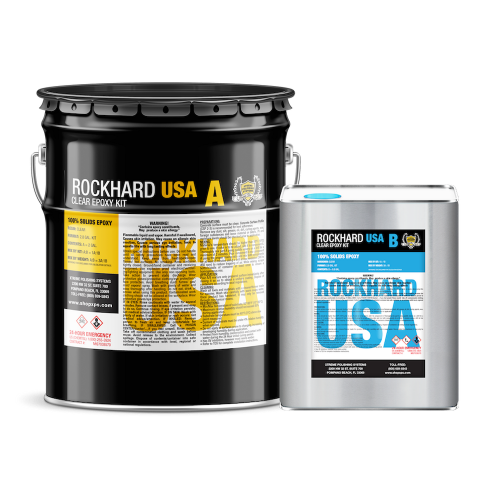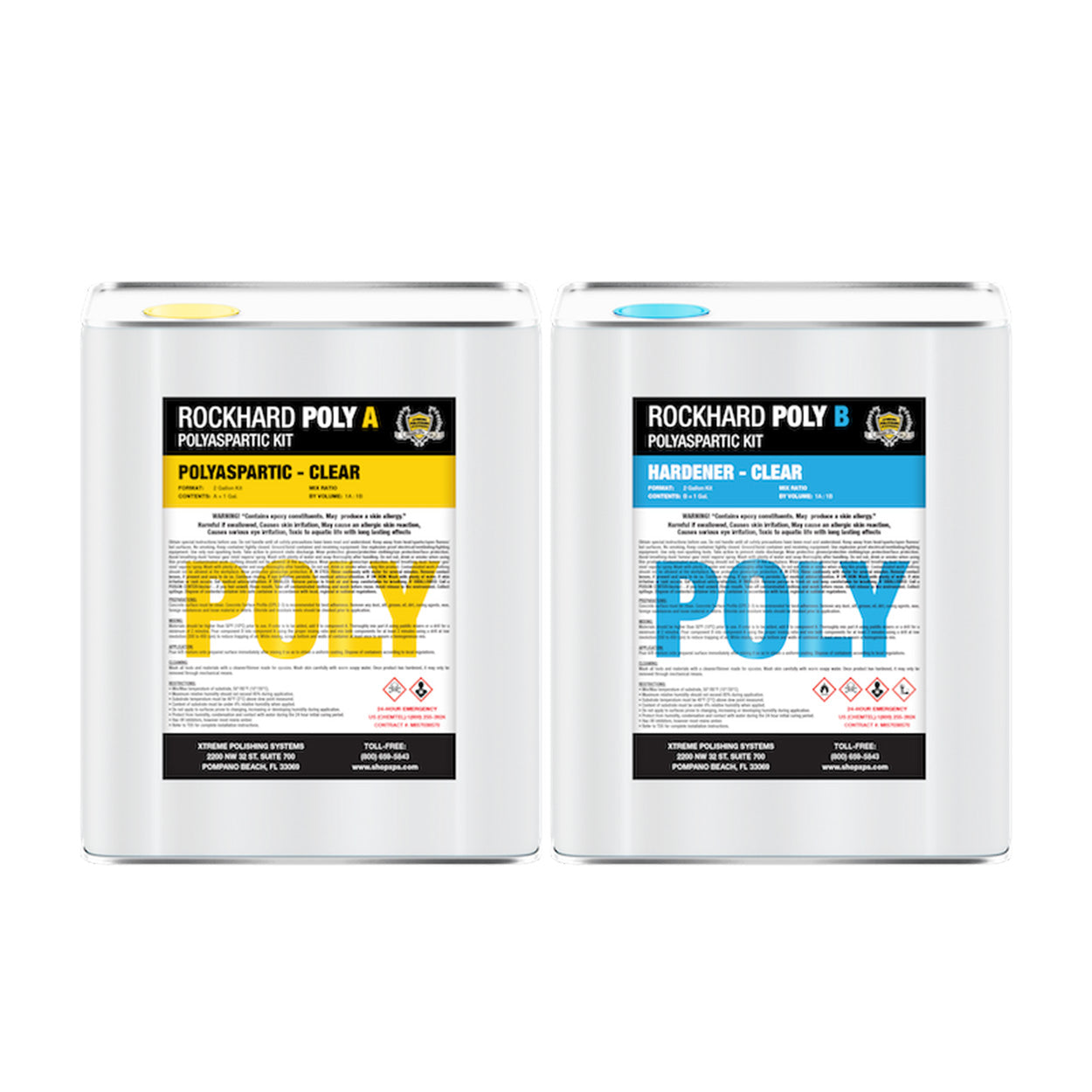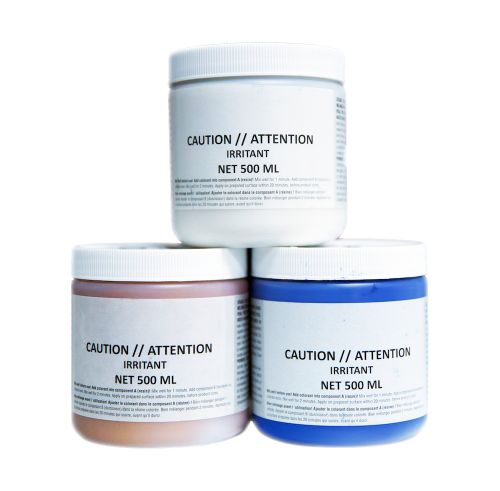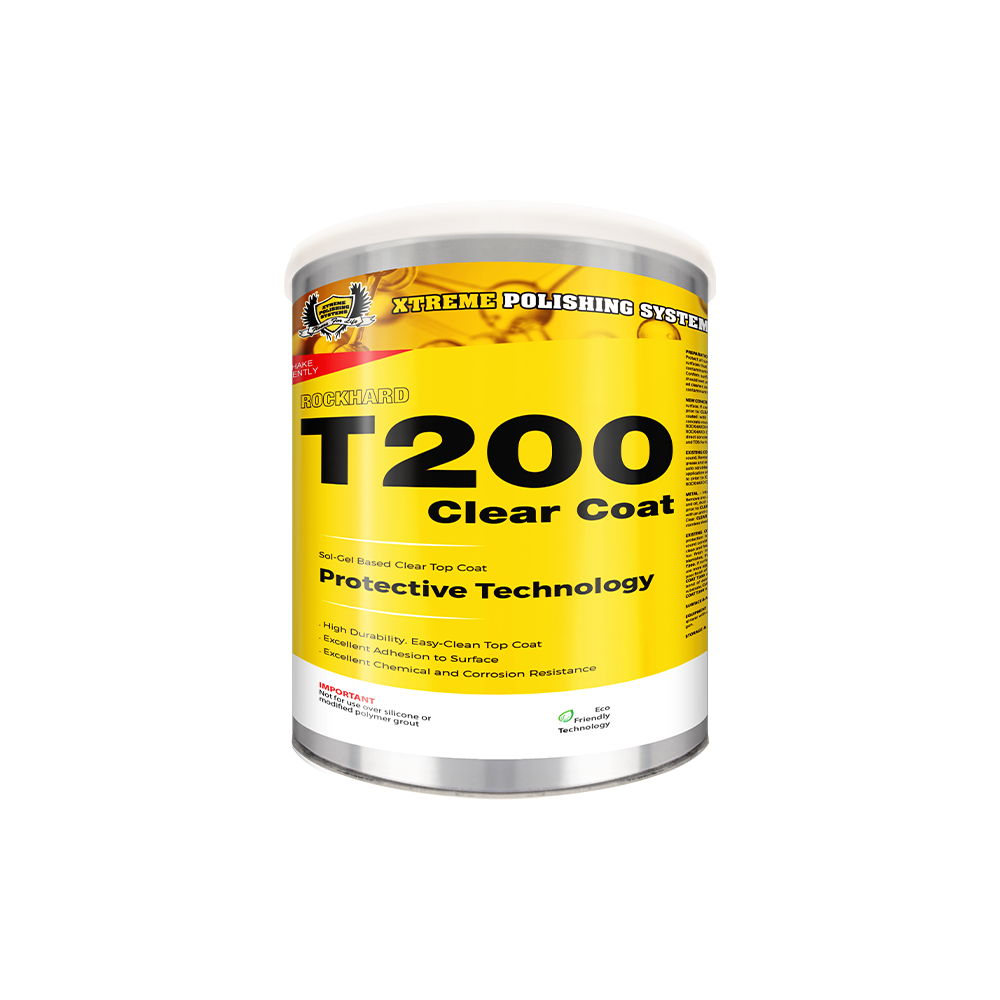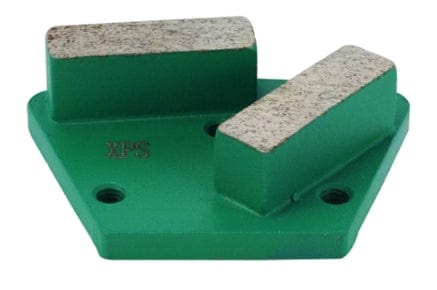Industry Standards for Epoxy Resin Measurement
Contractors armed with knowledge are the most successful in our competitive industry. If you want to deliver quality results for well-paying clients, it'll benefit you to be as informed as possible on the industry and its standards. Stay ahead of the curve and know your product better than the competition with this guide!
Understand the Strength of Epoxy
Compressive Strength
Compressive strength is one of the most relevant tests of strength for everyday epoxy resin flooring contractors. It'll tell you how much crushing force the solution can handle. Usually, it'll be expressed in pounds per square inch (PSI), which will tell you how much the epoxy resin can take before yielding.
Understand your epoxy resin's compressive resistance, and you'll be able to find the best quality resins for your clients' floors. Any floor, from residential garages to heavy duty industrial warehouses, needs to able to resist compressive forces.
Tensile Strength
Tensile strength, while generally less relevant to everyday issues, is an important measurement. An epoxy resin's tensile strength measurement will let you know how much pulling force it can take.
This is an important measurement, and at the same time relatively situational. But, if you want to succeed, you need to prepare for every potential boulder.
Flexural Strength
Flexural strength is a measurement of epoxy's resilience to bending and deformation. It'll tell you, in pounds per square inch, what it'll take to make your resin fold. As you can imagine, this is an incredibly important measurement in industrial flooring especially.
When you're dealing with hundreds of pounds of heavy machinery, your client needs to know their flooring will hold. With an epoxy resin flooring solution, they can feel safe knowing they're protected.
Peel Strength
Peel strength is something you might not often think about with epoxy resin flooring. But you should. Peel strength is baked into epoxy's design, but it's also highly contingent on the quality of surface preparation. If your surface is too smooth, the epoxy resin won't bond properly.
If your epoxy resin starts to peel, it risks the integrity of the entire floor. It might even need a complete reinstallation. So get it right the first time!

Enhance Your Epoxy's Resilience
Your epoxy resin's strength is the foundation of your flooring project's success. But, even a weak epoxy resin is still stronger than just an exposed concrete floor. Here's how you squeeze every ounce of strength out of your floors:
- Practice thorough and careful concrete flooring preparation. This is the easiest, and best, way to ensure a successful flooring project.
- Choose wisely when buying your resin. Figure out what the job needs, pre-plan your resin layers, and target the strength & resistance needs of the job itself.
- Follow the manufacturer's recommendations on every step of the installation. Mixing instructions, curing time, every step you follow to the letter is another brick in the strong foundation of your floors.
- Take special care to make sure the environmental conditions are good for the resin to cure properly. Watch temperature changes and humidity as they can affect the cure quality.
- Buy high quality resin resources. If you need help finding out the right resin for your job, our technicians are eager to assist.
Your resin is the ultimate decider of your floor's strength. But, with these tips, you can make an enduring floor even with a weak resin.
Conclusion:
Knowing is half the battle in any industry. The more you know about your epoxy resin, the better floors you can install. Whether your priority is aesthetics or sheer durability, epoxy emerges as a steadfast choice. It's just that simple!
You don't need to go far for flooring help. Contact us & take a look at our XPS online store for the best deals on the best resources in the industry!


